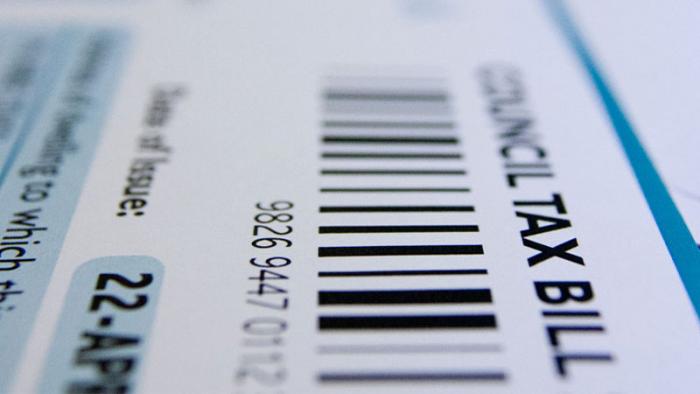Could you be paying too much council tax?

A new year means that council tax demands will soon be landing through letterboxes across north Wales.
But despite a decade of rising bills as councils try to offset government austerity cuts to their budgets, some people really could be paying more than they should.
All properties are placed in a council tax band , which is calculated based on the value of your property at a specific point in time.
But in some cases residents are eligible for discounts or even exempt from paying the bill at all.
As a rule, this depends on who lives in the property and how it’s being used.
Single person discount
People who live on their own are usually entitled to a 25% discount.
A full council tax bill is based on at least two adults living in a home, with spouses and partners who live together being jointly responsible for paying the bill.
But some can pay 25% less if they either:
live on your own or no-one else in their home counts as an adult
Those who do not count as adults, for council tax purposes, include children under 18, people on some apprentice schemes, 18 and 19-year-old’s in full-time education and full-time college and university students.
This criteria also encompasses student nurses, people with a severe mental impairment and live-in carers who look after someone who is not their partner, spouse, or child under 18.
Some councils also offer discounts on their council tax as an incentive to become authority-registered foster parents.
However, authorities have been clamping down on fraudulent claims.
Gwynedd council recently launched a crackdown on any residents found to be fraudulently claiming to live alone in order to pay less council tax.
Recent research showed that one in three Welsh people knew someone or had personally committed such fraud.
As a result, the authority is now working with an expert in the field to identify such cases and then try to recoup any losses – measures which are also being taken by other councils.
Exempt from council tax
An occupied property can be exempt from paying any council tax if it meets certain criteria.
In many cases this includes being solely occupied by students or care leavers, or that all the residents are severely mentally impaired or under 18 years of age.
Homes left empty by someone who has gone into prison, hospital, hostel, nursing or residential home or another dwelling to obtain personal care are also exempt.
Properties annexed to a family home and occupied by that family’s elderly or disabled relatives (often known as ‘granny flats’) also fall under the same category.
Low income families
The council tax reduction scheme can help people on low incomes pay their council tax.
Those eligible include pensioners, sick or unemployed people and single parents, and people may qualify for assistance even if they work but their income is below a certain level.
How much of a reduction is available usually depends on circumstances and capital/savings, but the reduction could be as much as 100%, with any amount awarded usually credited directly to their council tax accounts.
Empty homes
Although the rules can vary between individual authorities, unoccupied properties can be exempt from Council Tax if they require or are undergoing major repairs or structural alterations.
In many cases, properties can be eligible for discounts or exempt from paying council tax at all for up to six months if they are unfurnished, or unoccupied and owned by a charity.
Properties which are unoccupied and undergoing, or in need of, structural repair or major alterations can sometimes be exempt for up to 12 months.
However, some authorities apply a premium on long term empty homes, which means that after a particular time period has elapsed the owner could end up paying up to 200% council tax in some cases.
This is to encourage more empty homes to be brought back into use and to help fill the housing crisis in many parts of the country.
Find out more
For more information on any discounts you may be eligible for, visit https://www.gov.uk/apply-for-council-tax-discount and enter your postcode, where you will be taken to the relevant section on your local council’s website.
Gareth Williams – Local Democracy Reporter (more here).
Spotted something? Got a story? Email: [email protected]
Latest News
